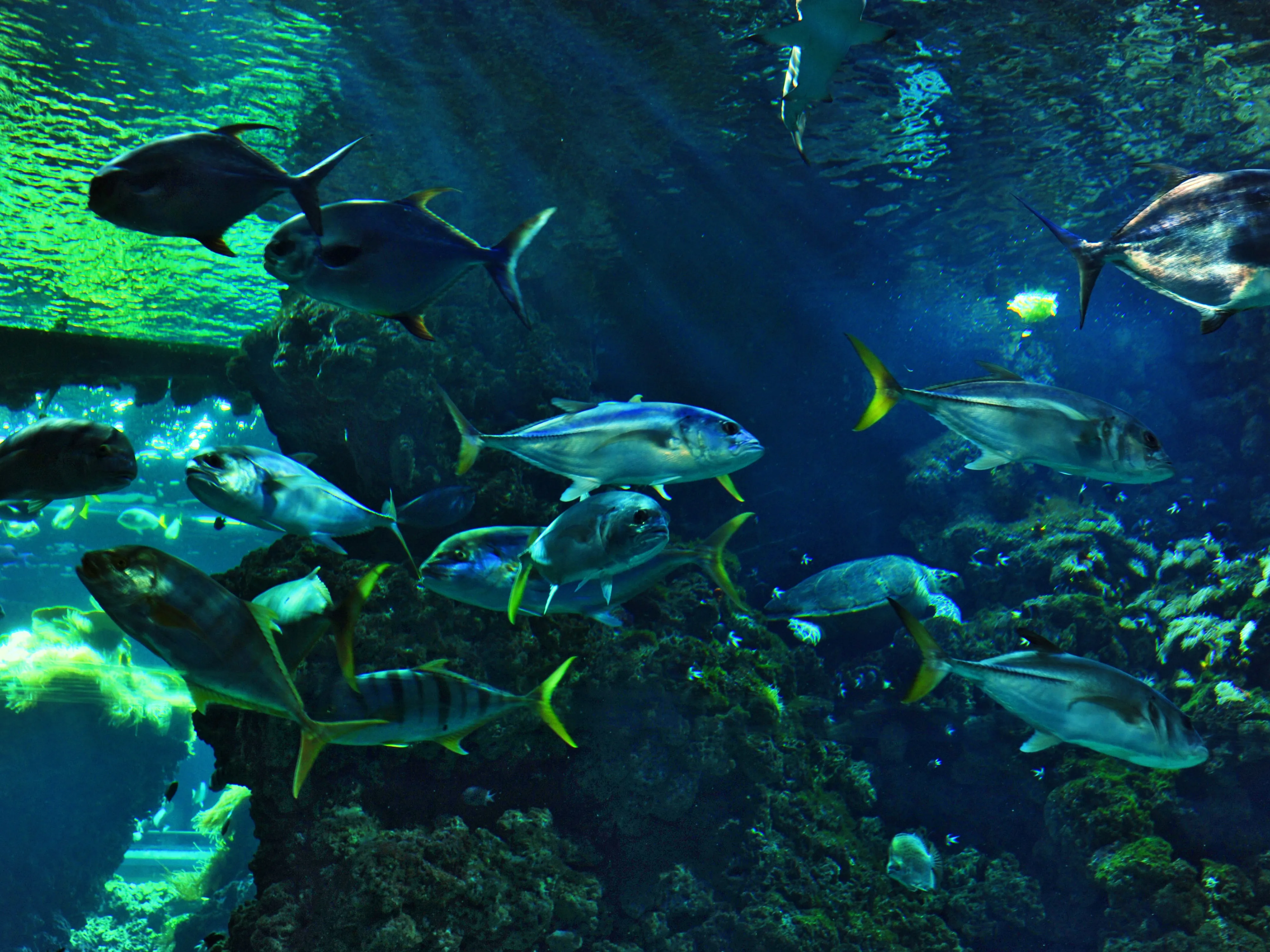Human activities have a major impact on marine environments. Pollutants released from industrial, agricultural and other such activities enter the oceans through groundwater, surface water and precipitation. Rapid urbanisation and infrastructure development in coastal areas encroach on natural habitats and modify the functioning of ecosystems, with for example changes in currents and nutrient distribution.
Biotoxins linked with harmful algal blooms have been implicated in widespread mortality of marine mammals and fish. Industrial activities release pollutants that can limit the fauna and flora’s ability to reproduce and grow. Climate change can lead to increasing sea temperatures and ocean acidification. Additionally, while some species are the subject of over-fishing, others are endangered but still end up unintentionally in the nets of commercial fishing operators, becoming so-called “incidental takes.”
There also remains uncertainty about the full impact of climate change and ocean acidification on individual species and ecosystems, as well as on economic sectors such as fisheries, tourism and the communities that depend on them. Studies on coral reefs have shown they can be particularly sensitive to temperature and chemical variations.
